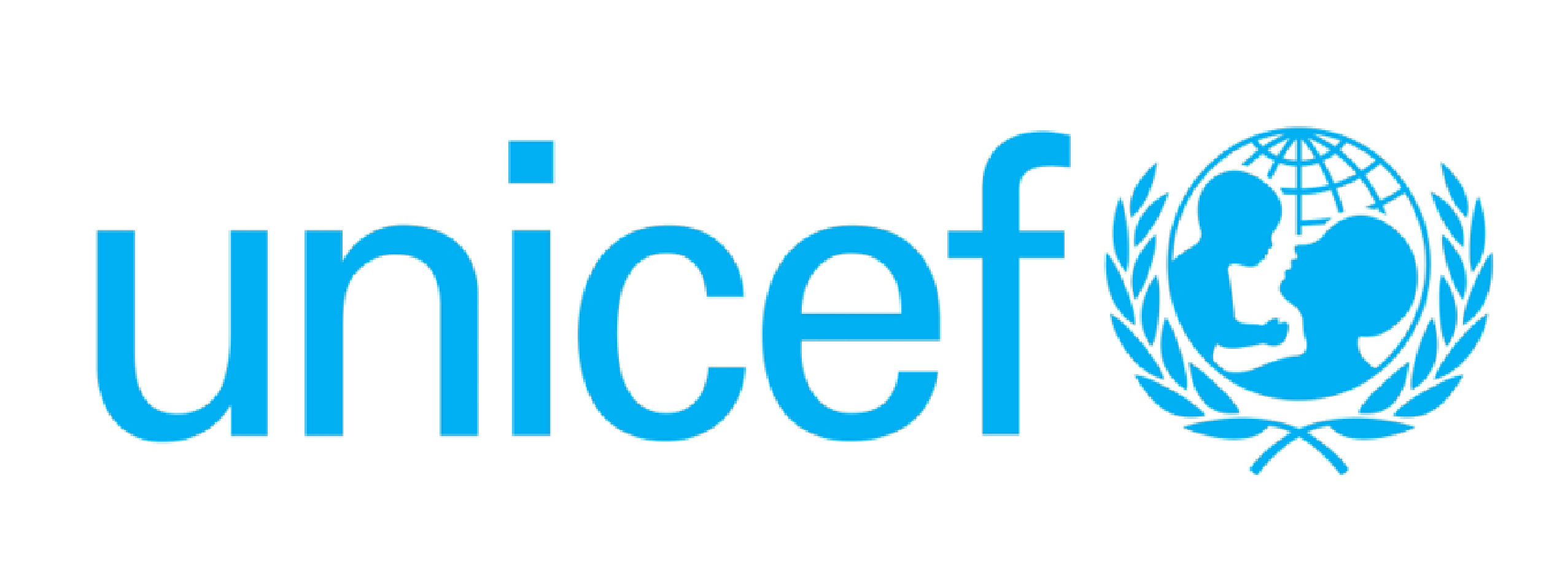The escalation in fighting in Sudan’s Al Jazirah state has reportedly forced at least 150,000 children from their homes in less than a week, UNICEF warned today. The eruption of fighting in Al Jazirah means that more than half of states in Sudan – 10 out of 18 – are experiencing active conflict.
An estimated 5.9 million people live in Al Jazirah State, with approximately half of the population being children.
Since the escalation of the conflict in Sudan on April 15, nearly 500,000 people fled violence elsewhere in the country to Al Jazirah State, with almost 90,000 of those seeking refuge in the state capital Wad Madani.
“Tens of thousands of vulnerable children in Al Jazirah state have been forced to flee their homes in search of safety as fighting erupts into areas that were previously considered relatively safe,” said UNICEF Executive Director Catherine Russell. “This new wave of violence could leave children and families trapped between fighting lines or caught in the crossfire, with fatal consequences. With reports of renewed fighting elsewhere in the country, millions of children in Sudan are once again at grave risk.”
The city of Wad Madani serves as the primary hub for many essential, lifesaving services in Al Jazirah state, including the only kidney dialysis centre in the state. The city currently hosts hundreds of vulnerable children evacuated from other parts of the country, and has served as a hub for humanitarian operations since fighting broke out in April. Attacks on or disruption of these services would immediately endanger the lives of thousands of people, including children.
The escalation in fighting has led to a suspension of all humanitarian field missions within and from Al Jazirah State as of 15 December, further impacting children and families.
“Our colleagues in Sudan have heard bone-chilling stories of the harrowing journeys women and children were forced to make just to reach the safety of Madani city,” said Russell. “Now, even that fragile sense of security is shattered as those same children have once again been forced from their homes. No child should have to experience the horrors of war. Children, and the civilian infrastructure they rely on, must be protected.”
Even prior to the latest escalation in Madani, more than 3 million children had been forced to flee widespread violence in search of safety, food and water, shelter and protection, opportunities for learning and health care—most remaining within Sudan—while hundreds of thousands are sheltering in sprawling makeshift camps in neighbouring countries. This makes Sudan the largest child displacement crisis in the world.
Over the last nine months, UNICEF and partners have worked to provide life-saving assistance to over 6 million children inside Sudan and in neighbouring countries, including water, health, nutrition, safe spaces and learning. Yet while the scale of humanitarian needs continues to dwarf available resources and funding, further support, along with safe and unhindered humanitarian access to deliver life-saving supplies, is critical. UNICEF’s humanitarian appeal for Sudan for this year remains only 27 per cent funded. UNICEF requires $840 million in 2024 to sustain and scale lifesaving and resilience services for close to 8 million of the most vulnerable children in Sudan.
UNICEF continues to call for an immediate ceasefire across Sudan, and reiterates its call for all parties to the conflict to respect international humanitarian and human rights law – including ensuring that children are protected – and that rapid, safe, unimpeded humanitarian access to children and families in affected areas is facilitated. Without such access, critical lifesaving humanitarian support will be out of reach for millions of vulnerable children.
Distributed by APO Group on behalf of United Nations Children’s Fund (UNICEF).
